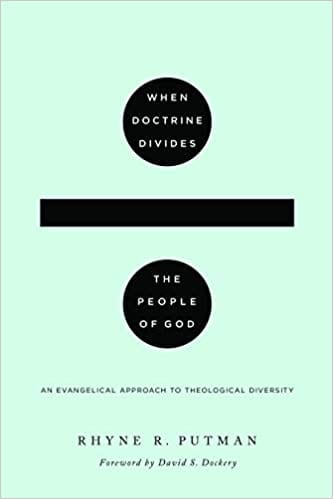BEN: As I’m sure you are aware, Methodists over the last half century have talked about Scripture, tradition, reason, and experience as the ‘Quadrilateral’, though Albert Outler later said he wished he had never come up with the term because he did not wish to give the impression that these are four equal sources of truth or authority for our faith. I am on record as saying reason, tradition, and experience can be seen as avenues into the central truth of Scripture, or vehicles to express the central truths of Scripture, but they do not have the authority of Scripture for the believer’s life, nor the authority to over-rule some sort of clear teaching of Scripture. In my tradition especially ‘experience’ has been used too many times to misinterpret or even dismiss some parts of Scripture, with the cry ‘I cannot deny my experience or feelings’, to which I reply ‘the fact that you have a genuine experience in no way answers the question of whether the experience is good or bad, Christian or otherwise’. Feelings are a notably unreliable guide to truth in so many things in life. What guidelines do you think are most pertinent for Christians when it comes to these four sources of influence on the Christian life, and especially what guidelines do you suggest in regard to feelings or the experiential dimension of the Christian life. How does or should Scripture serve as a norm or guide for such things?
RHYNE: My take on the quadrilateral has been informed by Oden and Don Thorsen, and yes, that is what I understand to be the case. In the original military analogy, the other three resources buttress or support Scripture, not the other way around. Reason helps us understand faith; faith does not exist to serve reason. The same is true with tradition and experience. They are not independent sources or equals to Scripture.
Alister McGrath notes there are basically one of two approaches to experience in theology: either experience is a foundational resource for Christian theology or theology provides the framework by which we understand our experiences. The former position is often taken up by liberal theologians who reduce Christian belief to personal religious experiences and charismatic theologians who describe experiences with the Spirit that go beyond the bounds of Scripture. The latter position, by contrast, stresses the primacy of Scripture over our experiences. We make sense of our experiences through Scripture, and our experiences confirm the truth of Scripture.













